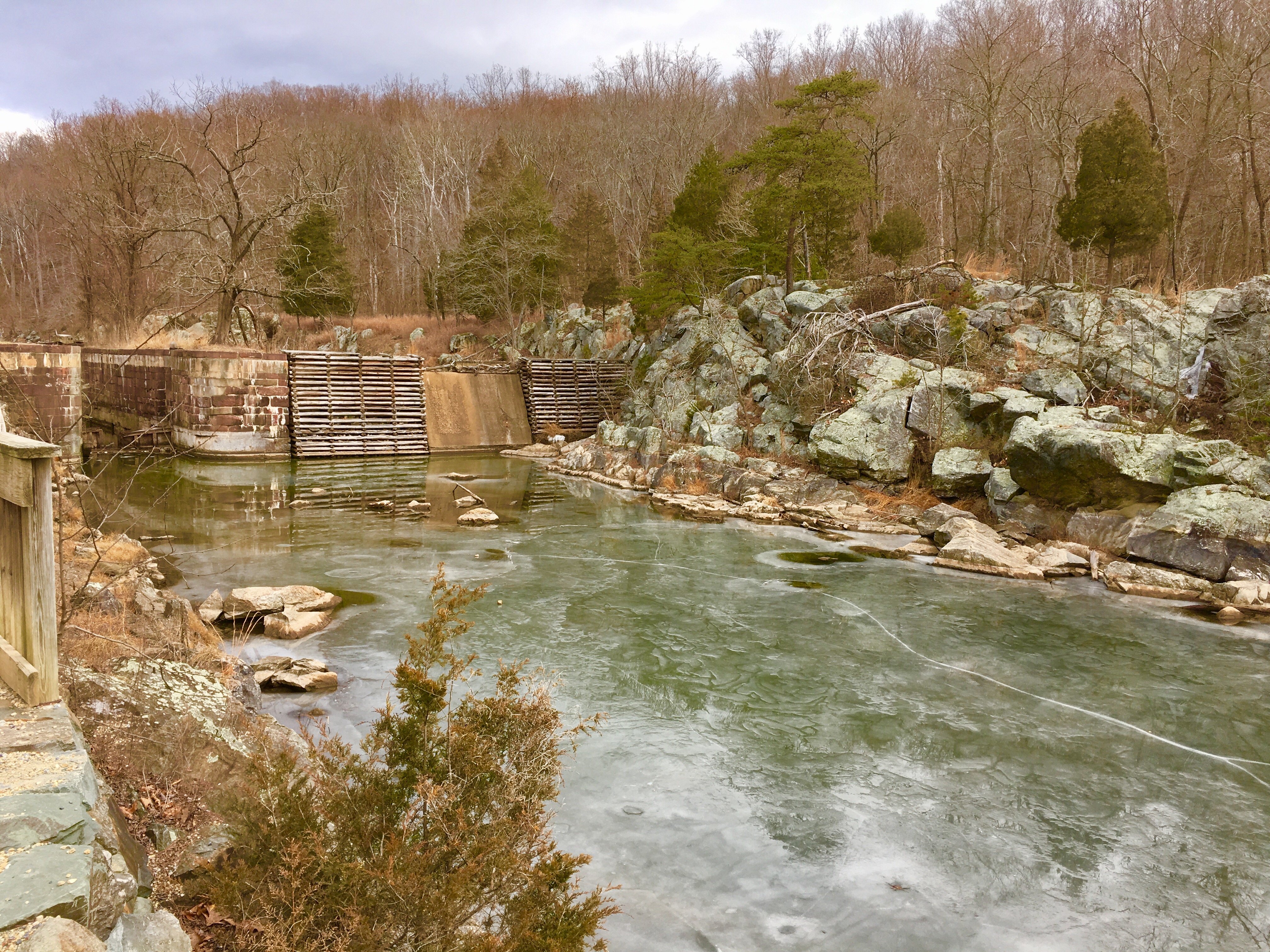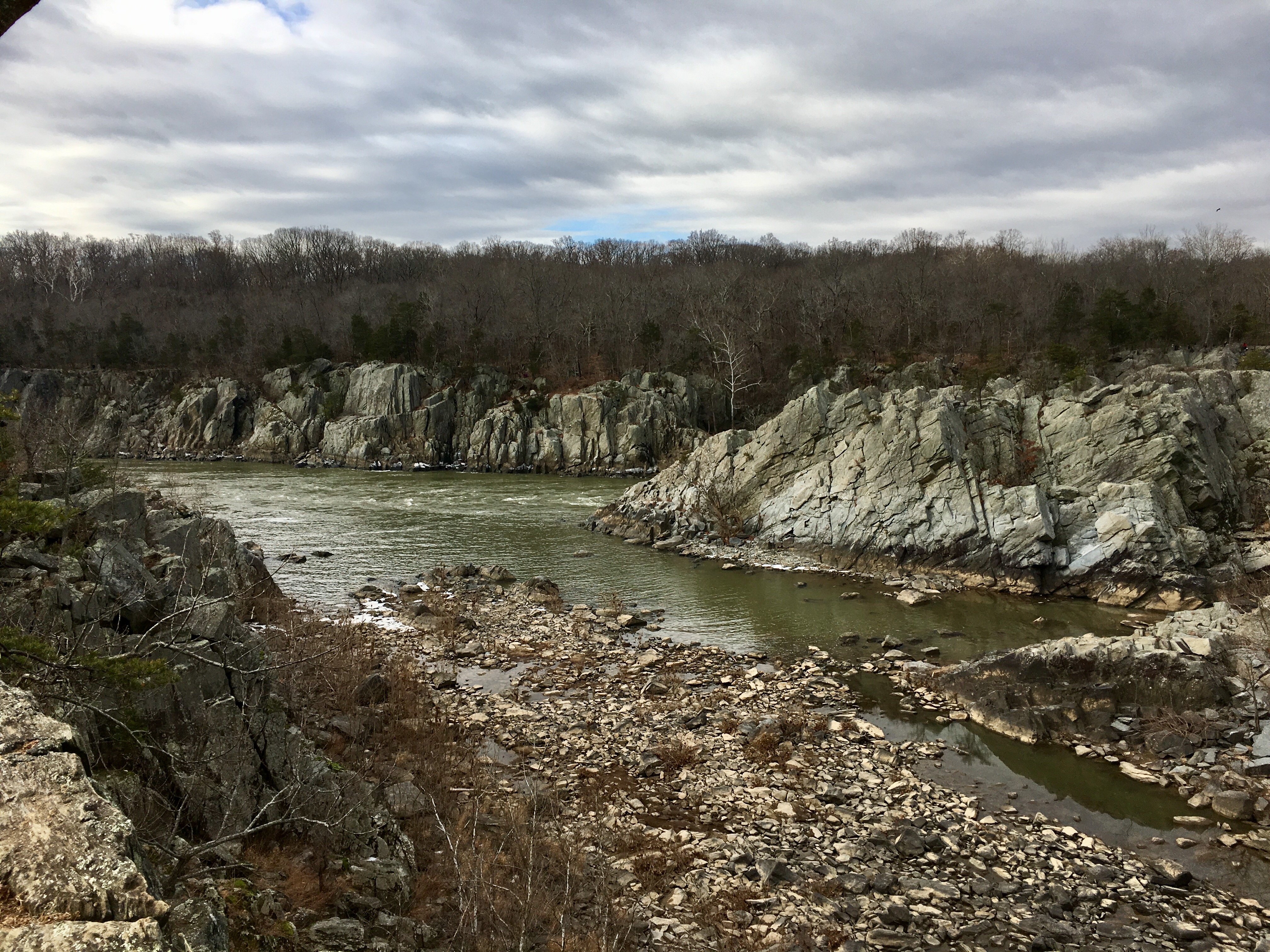We need to Ease the Squeeze on our environment. Environmental sustainability isn’t just about protecting the water we drink and the air we breathe, it’s about safeguarding our high quality of life. It’s about social, environmental, and economic justice. As your County Councilmember, the environment and our impact on it will be at the forefront of my mind in each decision I make.
Employing Smarter Land-Use Policies
 I am committed to advancing and promoting transit-oriented development, ensuring that we mitigate the environmental impacts of new development and avoiding new suburban sprawl. The overall and over-arching goal needs to be focused on reducing our carbon footprint, beginning with limiting dependence on cars. In order to accomplish this, we need to build near transit in a way that’s not only livable and walkable, but also accessible for more families, as well as seniors, young workers, and young families. Beyond affordable housing, it also requires a comprehensive, inter-connected transportation network that connects citizens to jobs and communities to each other with bus rapid transit, the Purple Line, Metro, and MARC. All we have to do is look to the ravaging effects that Houston’s poor land use policy had in exacerbating the devastation of Hurricane Harvey to appreciate that this isn’t just an environmental issue, it’s a public safety issue, as well. A rising tide can lift all boats, but without thoughtful land-use policy at the county level, a rising tide can literally sink all boats, as well.
I am committed to advancing and promoting transit-oriented development, ensuring that we mitigate the environmental impacts of new development and avoiding new suburban sprawl. The overall and over-arching goal needs to be focused on reducing our carbon footprint, beginning with limiting dependence on cars. In order to accomplish this, we need to build near transit in a way that’s not only livable and walkable, but also accessible for more families, as well as seniors, young workers, and young families. Beyond affordable housing, it also requires a comprehensive, inter-connected transportation network that connects citizens to jobs and communities to each other with bus rapid transit, the Purple Line, Metro, and MARC. All we have to do is look to the ravaging effects that Houston’s poor land use policy had in exacerbating the devastation of Hurricane Harvey to appreciate that this isn’t just an environmental issue, it’s a public safety issue, as well. A rising tide can lift all boats, but without thoughtful land-use policy at the county level, a rising tide can literally sink all boats, as well.
Reducing Waste
We can continue to lead the way by investing public dollars in the protection of our public resources and working towards a Zero Waste future. I am focused on growing better jobs with better wages and improving quality of life, and diverting municipal solid waste away from landfills and incinerators accomplishes both. The Dickerson Incinerator, for example, is the County’s second biggest polluter. We must redouble our efforts to increase recycling and resource recovery, promote composting food waste, and implement a comprehensive food recovery plan to eventually end our reliance on the incinerator.
Protecting the Agricultural Reserve & Public Open Spaces
 Montgomery County’s designation of the Agricultural Reserve in 1980 remains the nation’s most successful land conservation decision, and as District 1's County Councilmember, I will ensure it continues to be protected from development. I am similarly committed to preserving forested areas and streams, protecting and enhancing tree canopies, and promoting public open spaces for the sake of both our environment and our quality of life.
Montgomery County’s designation of the Agricultural Reserve in 1980 remains the nation’s most successful land conservation decision, and as District 1's County Councilmember, I will ensure it continues to be protected from development. I am similarly committed to preserving forested areas and streams, protecting and enhancing tree canopies, and promoting public open spaces for the sake of both our environment and our quality of life.
Proven Environmental Leadership
Environmental leadership isn’t something I’ve come to recently; it’s been in my bones for as long as I can remember. As a senior policy advisor and deputy chief of staff at the state level, I advised the Comptroller on the Board of Public Works: fighting aggressively to prevent sprawl-development in the Bay’s critical areas, including helping to lead opposition to the Four Seasons project in Queen Anne’s County; promoting and protecting the State of Maryland’s Program Open Space; pushing for energy-efficient construction in state buildings, including making geothermal heating and cooling a standard part of the statewide school construction program. I also helped to shepherd the historic improvements of the Comptroller’s Office to move to paperless tax-filing and to stop printing and mailing of paper tax booklets to over two million Maryland taxpayers.
As student body president of the University of Maryland, I created the first-ever Sustainability Council, hosted the largest-ever global conference addressing climate change at the time, pushed through an effort to purchase clean energy for the first-time in the university’s history, sponsored the first-ever campus-wide Zero Waste event, and lobbied the state Board of Regents for the first-ever system-wide sustainability policy for Maryland’s public colleges. Those efforts – along with the advocacy of a host of student activists and environmental organizations – led to the University of Maryland being named one of the Top 15 Green Campuses in the nation by Grist Magazine.

